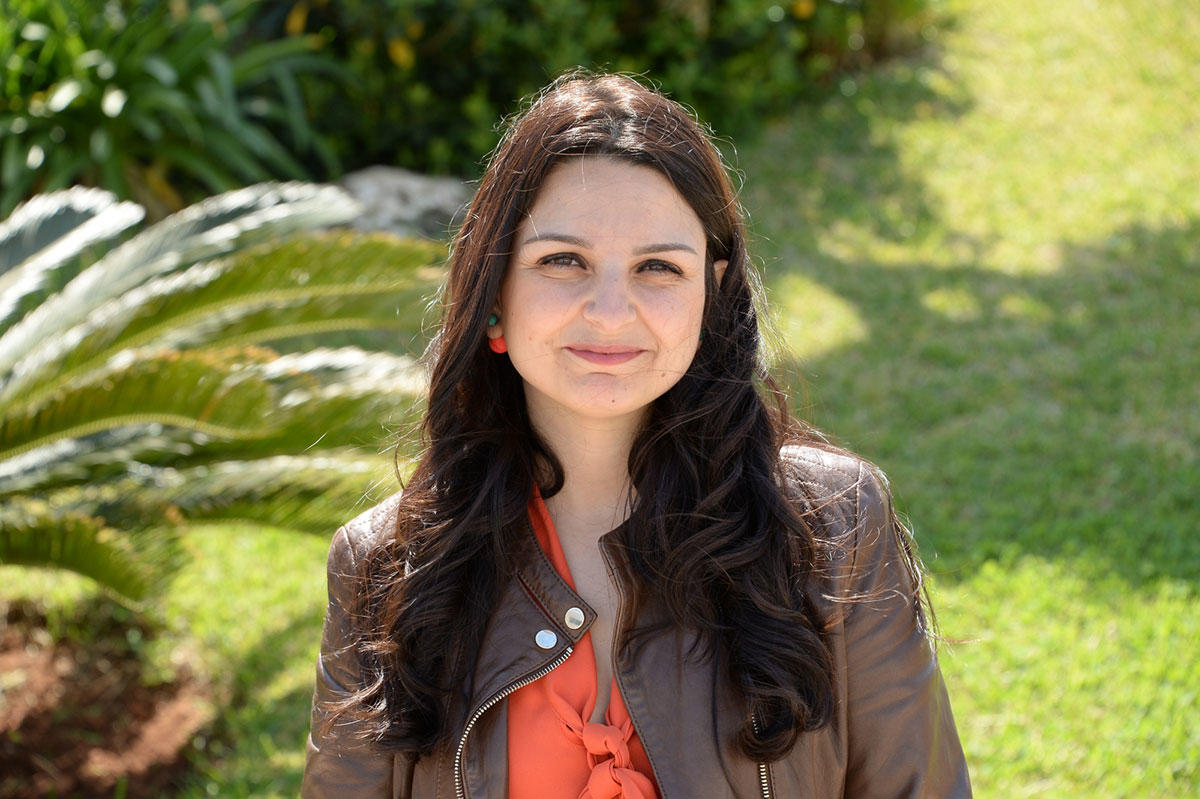Young Neurobiologists in the Making
Well-rounded education and lab training help molecular biology students stand out.
This year, four MS Molecular Biology graduates will be pursuing their PhDs in neuroscience in some of the most reputable universities and research labs in the US and Canada.
Such acceptances are testament to the multi-disciplinary training the program provides the students, allowing them to “pursue their diverse interests not only in cancer biology or microbiology, but also neuroscience,” said Assistant Professor of Biochemistry Sama Sleiman.
In addition to a well-rounded education, the state-of-the art technical training students receive not only prepares them for any challenges in their studies, but also gives them the advantage of lab experience.
“Faculty serving on admission committees in universities in the USA and Canada were impressed with our students’ research experience and advanced technical skills, and realized that they needed less training in the lab compared to other students,” Dr. Sleiman said.

Dr. Sama Sleiman on LAU’s Byblos campus.
Graduate Lauretta el-Hayek, who was accepted at the University of Miami and Texas Southwestern (UTSW) for a PhD, opted for the latter. She was among a select three percent of international students admitted into the program, whose faculty includes six Nobel laureates in medicine and physiology.
“My interests converged on neuroscience and finding answers to questions in this field where there are still more mysteries than facts, and more disorders than therapeutics,” said Hayek, who conducted her research in Sleiman’s lab.
What distinguishes the program, for Hayek, is that it encourages students to be innovative and “to build new experimental designs from scratch.” The freedom to choose from an array of courses for her PhD, she added, “was essential in allowing me to take the initiative, adapt to new experiments and move the research forward, the three most essential skills that prepared me to continue my education.”
The MS in Molecular Biology program, Sleiman said, also encourages students to “develop into young scientists able to tackle all aspects of an experimental problem or biological phenomenon, and capable of driving a research venture from initial design to publication in high-impact research journals.”
For example, Pascale Ibrahim, who was accepted for a PhD program in Dr. Gustavo Turecki’s lab at McGill University in Canada, had participated in five different research projects at LAU, ranging from molecular to behavioral research. The scope of her research training was a strong point in her application to PhD programs abroad, she said. “The program helped me gain experience in fields that are not directly related to my research emphasis, but which are very helpful for expanding my skills as a researcher.”
Meanwhile, Maria Bilen will be joining Dr. Ruth Slack’s lab at the University of Ottawa. “The laboratory techniques and skills I learned and the research experience I gained at LAU helped me get into the PhD program of my choice,” she said.
Nabil Karnib, who will be pursuing a PhD at Bowling Green State University, thanked his teachers for their guidance and support throughout the application process. Karnib’s research experience helped shape his interest “in higher studies and acquire a level of independence and maturity in biology research.”
LAU’s future neurobiologists now have an even bigger responsibility on their shoulders.
“The younger generations at LAU and Lebanon depend on you doing well and need you to pave the way for them,” Sleiman told the students.